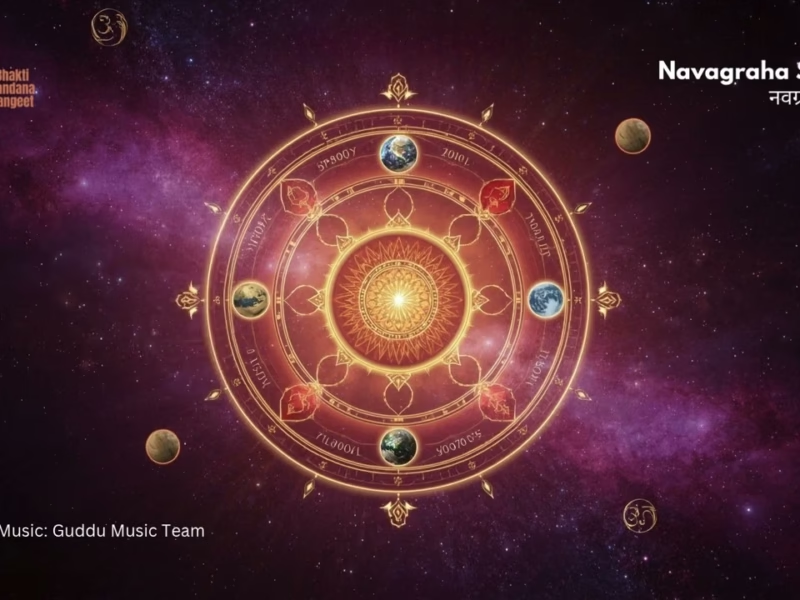Contents
ध्यायतो विषयान्पुंस: सङ्गस्तेषूपजायते |
सङ्गात्सञ्जायते काम: कामात्क्रोधोऽभिजायते || 62||
dhyāyato viṣhayān puṁsaḥ saṅgas teṣhūpajāyate
saṅgāt sañjāyate kāmaḥ kāmāt krodho ’bhijāyate
Audio
भावार्थ:
विषयों का चिन्तन करने वाले पुरुष की उन विषयों में आसक्ति हो जाती है, आसक्ति से उन विषयों की कामना उत्पन्न होती है और कामना में विघ्न पड़ने से क्रोध उत्पन्न होता है॥62॥
Translation
While contemplating on the objects of the senses, one develops attachment to them. Attachment leads to desire, and from desire arises anger.
English Translation Of Sri Shankaracharya’s Sanskrit Commentary By Swami Gambirananda











